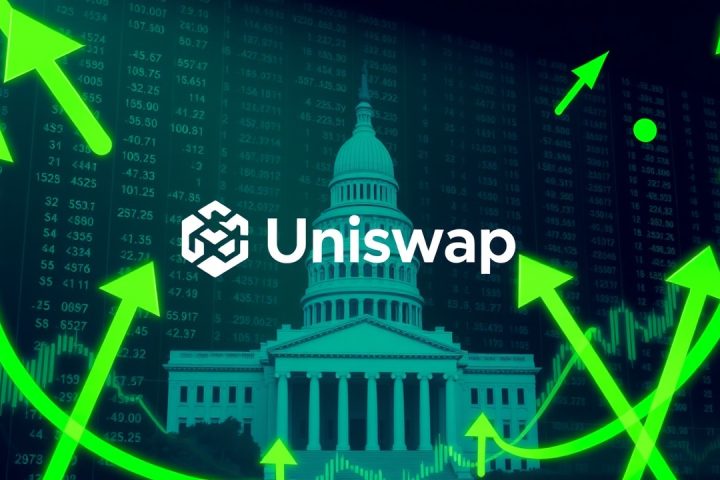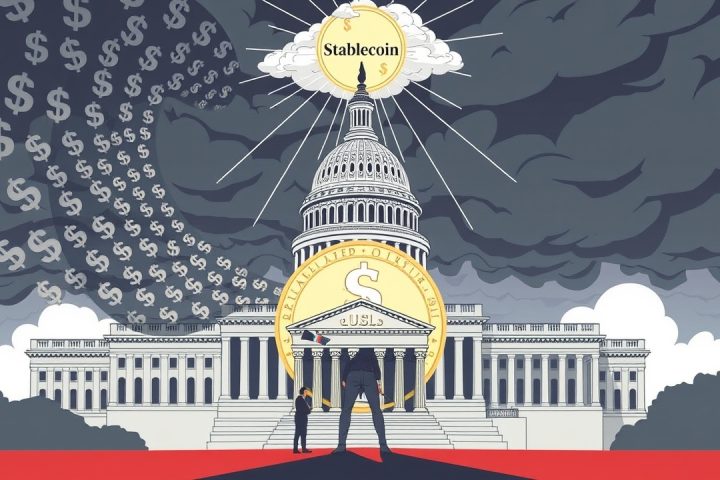Introduction
The recent announcement by the Federal Housing Finance Agency (FHFA), led by Bill Pulte, marks a pivotal moment for the cryptocurrency landscape in the United States, especially for the 55 million Americans who currently possess Bitcoin. Stuart Alderoty, the chief legal officer at Ripple, lauded this development as a positive shift for crypto enthusiasts.
New Protocols for Mortgage Applications
This directive indicates that major mortgage lenders, Fannie Mae and Freddie Mac, will begin creating protocols to accept cryptocurrency as a viable form of payment when evaluating mortgage applications. This groundbreaking move allows prospective homeowners to utilize their Bitcoin directly in real estate transactions, bypassing the need to convert digital assets into traditional currency.
Industry Reactions
Industry proponents like Michael Saylor, co-founder of Strategy, have called this initiative a transformative step towards Bitcoin’s mainstream acceptance, referring to it as a w watershed moment for institutional adoption. He expressed this sentiment on social media, suggesting that this moment will go down in history as a key event intertwining Bitcoin with the American dream of homeownership.
Legitimacy and Access
Moreover, financial analyst Eric Coleman highlighted that recognizing Bitcoin as a reserve asset within the housing sector reflects its emerging legitimacy as collateral in conventional finance systems. This advancement could empower a younger generation to obtain their first mortgages, broadening access to housing.
Cautions and Concerns
Nevertheless, experts advise caution regarding the inherent volatility of cryptocurrencies. The lessons learned from the subprime mortgage crisis in the late 2000s serve as a reminder of potential risks. Additionally, there are concerns from within the Bitcoin community about the implications of self-custody, as individuals may need to rely on centralized platforms, like Coinbase, to hold their cryptocurrency for mortgage eligibility.
Conclusion
The evolving intersection of traditional finance and cryptocurrency continues to spark conversation and speculation about the future of housing for millennials and the role of digital assets in personal finance.




